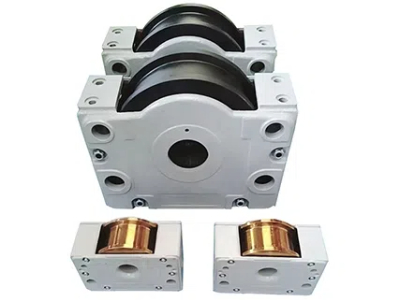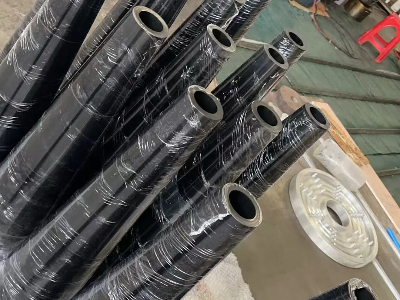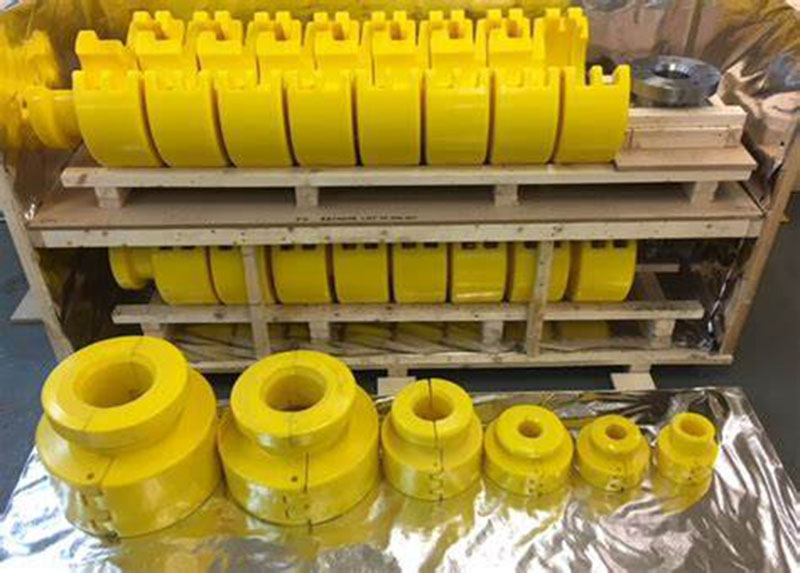Bend restrictors are critical components in gas and oil industries, particularly for the protection of flexible pipes, umbilicals, and cables. They are designed to prevent over-bending and buckling, which can lead to damage and failure at connection points during operation or installation.
Bend limiters typically consist of interlocking elements that form a semi-rigid curved structure, engineered to inhibit bending beyond a designated minimum bending radius (MBR) at a specified design load in static and quasi-static applications. They are best suited for protecting cables during installation and operation in static or quasi-static conditions.
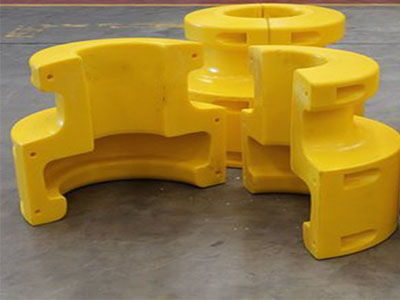
The design of bend restrictors must consider all possible loading conditions, and each bending limiters should be individually designed to meet the specific requirements of offshore flexible pipes under different environmental loads. Computational analysis is often conducted using development software, computation formulas, and finite-element analysis software to optimize the design.
In addition to their role in the oil and gas industry, bend restrictors are also used in offshore wind applications. Full-scale accelerated reliability tests have been conducted to evaluate the performance of articulated bend limiters under combined axial and bending cycles, demonstrating the integrity of the cable protection system and quantifying wear rates through 3D scanning.
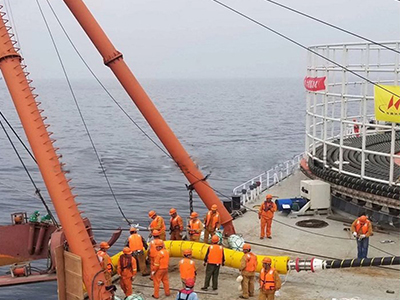
Bend restrictors are available in both standardized and bespoke custom design options, providing a suitable load path from flexible to fixed structures and offering protection from over bending and buckling . They are made from marine-grade polymers that are corrosion-resistant and certified to API 17L standards.
Typical applications of bend restrictors include supporting a flexible pipe or cable over free spans, protecting lines around rigid structures such as pipeline end terminations (PLETs), wellheads, cable joints, and J/I-tube exits. Unlike bend stiffeners, bend restrictors provide protection only once the line has achieved a particular bend radius.
In summary, bend restrictors are essential for ensuring the reliability and longevity of flexible pipelines, umbilicals, and cables in gas and oil applications, as well as in offshore wind energy projects.

